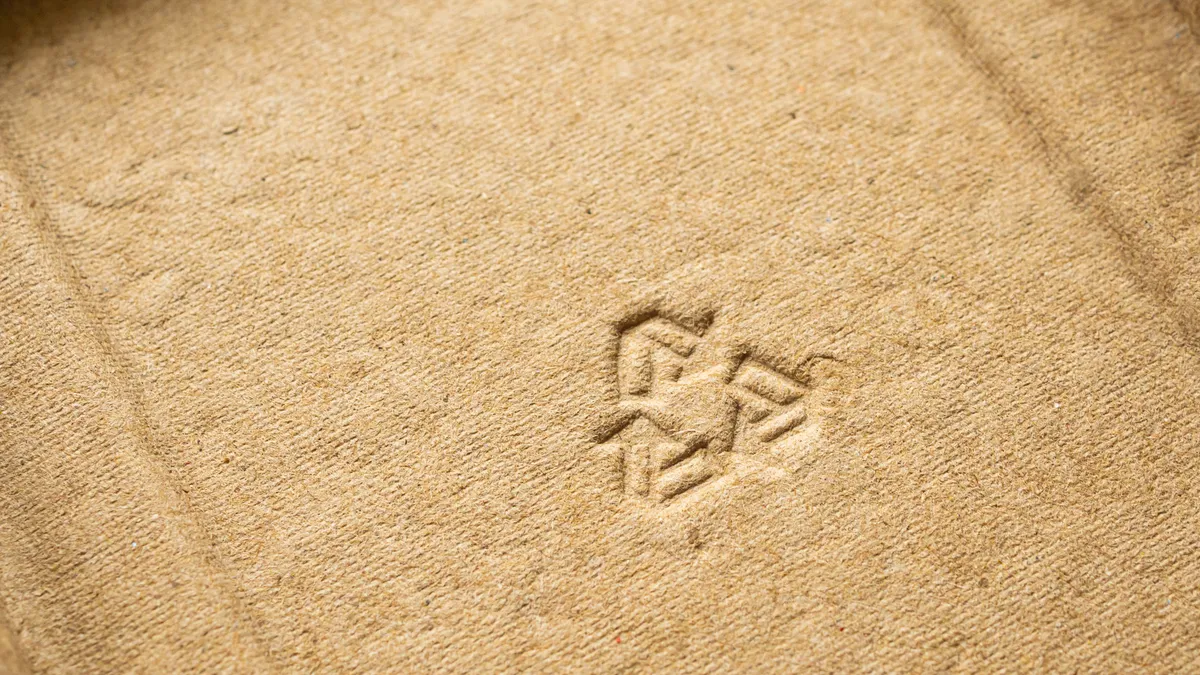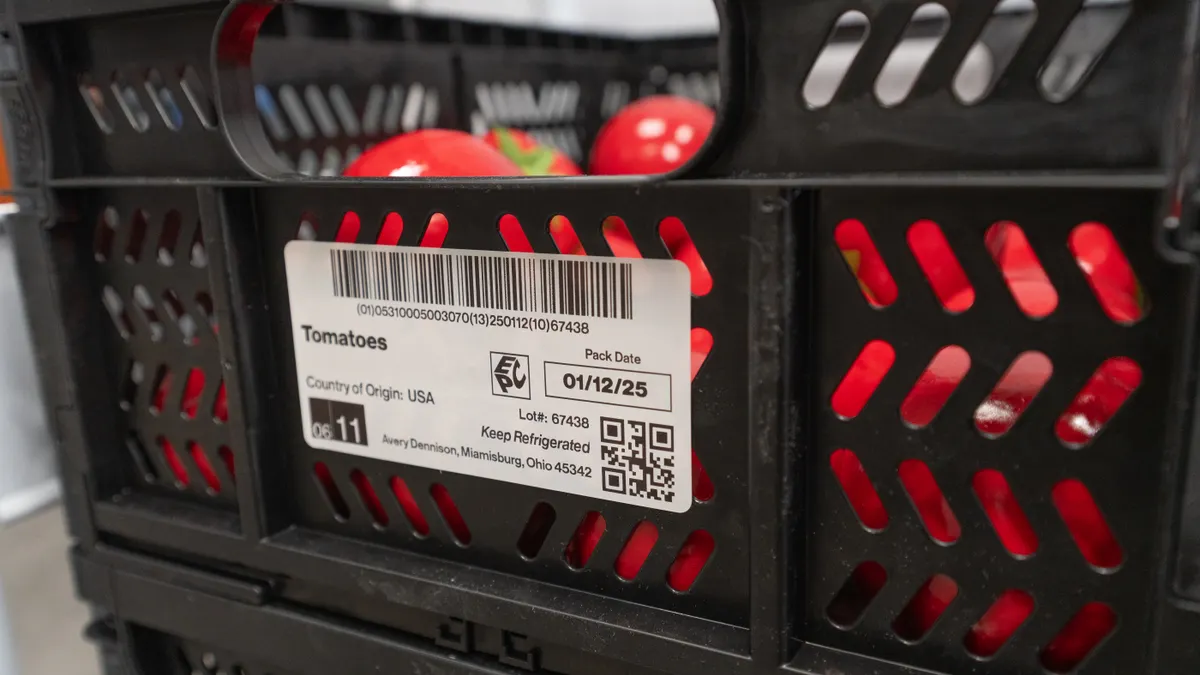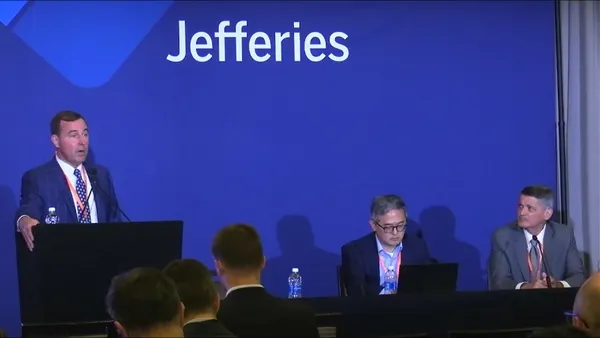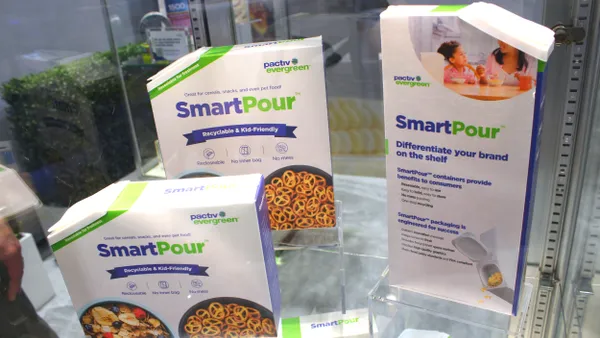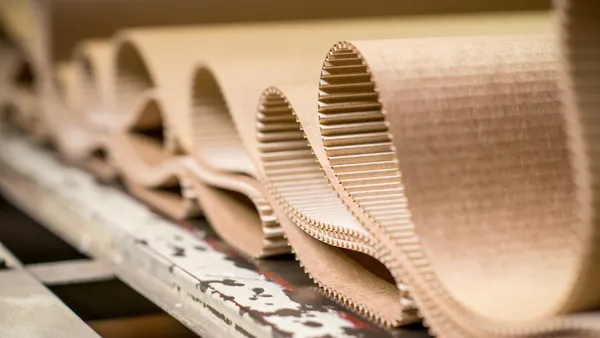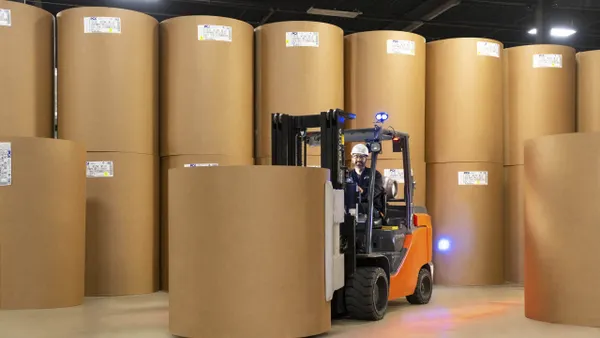- Q1 trends: In Q1, Ball’s global aluminum packaging shipments rose 2.6% year over year, supported by strength in Europe, growth in the Americas and momentum with energy drinks and non-alcoholic beverages. Additionally, the personal and home care business, in which Ball sells aerosol cans, saw mid-single digit volume growth. Regarding tariff effects, Ball reported that “there may have been some modest pull-forward of orders,” but impact was minimal and the company is “not currently seeing a meaningful impact on our second-quarter performance,” the company stated in its earnings release. “Over the coming months and quarters, we expect to gain greater clarity on how shifts in consumer confidence and potential inflation might influence end-market demand.”
- Geographic highlights: In North America, higher-than-expected volume growth in non-alcoholic categories “more than offset ongoing pressures in mass beer,” CEO Dan Fisher said on a Tuesday earnings call. Driven by strong demand trends in the EMEA region, Ball expects “significant year-over-year comparable operating earnings growth in 2025.” Executives also discussed their intent for incremental investment in lines in the fast-growing Europe business, including in the U.K. and Czech Republic.
- Tariff impacts: Fisher said that Section 232 tariffs in mid-March didn’t change much — the result is “negligible,” no more than a one-cent-per-can impact, he explained. Chinese tariff impacts as well as current unknowns about future trade deals may be more notable factors. But overall, “we haven't seen any different behavior from our customers. We haven't seen any forecast change,” and accordingly it hasn’t shifted Ball’s volumes enough to change the company’s overall outlook for 2025.
- M&A updates: During Q1, Ball announced a joint venture to spin out its aluminum cups business, in which it’s now the minority owner. Ball is “excited about the long-term potential for the business under this new structure,” Fisher said. Additionally, on the previous earnings call Ball discussed its acquisition of Florida Can Manufacturing. Executives said Wednesday that it will provide much-needed capacity in North America, including as Ball builds inventory ahead of the peak summer season. “It's ready to go. The assets are running. It's fully staffed. It's been integrated nicely into our system … we're looking forward to using that and running it full out here this summer.”
- Summer ramp-up: Executives reported positive trends in April and May, though the company hasn’t seen much “pre-buy.” While non-alcoholic beverage customers are growing through innovation, beer is focused on affordability: “I still think there's going to be significant effort here in peak season to moderate price levels so they can move product. I don't think anybody is happy where mass beer is here through the first quarter,” Fisher said.
- Outlook: The company anticipates global volume growth in 2025 within the 2% to 3% range. Ball expects that even if the economy weakens, aluminum is poised to perform well. “If people are going to spend less going out, if people are going to spend less traveling, etc., we typically do well. We're resilient in a recession,” Fisher said.

Ball says tariff impacts so far have been minimal
The aluminum can manufacturer’s global shipments rose 2.6% during the first quarter, thanks in part to market strength in Europe and growth in non-alcoholic beverages.
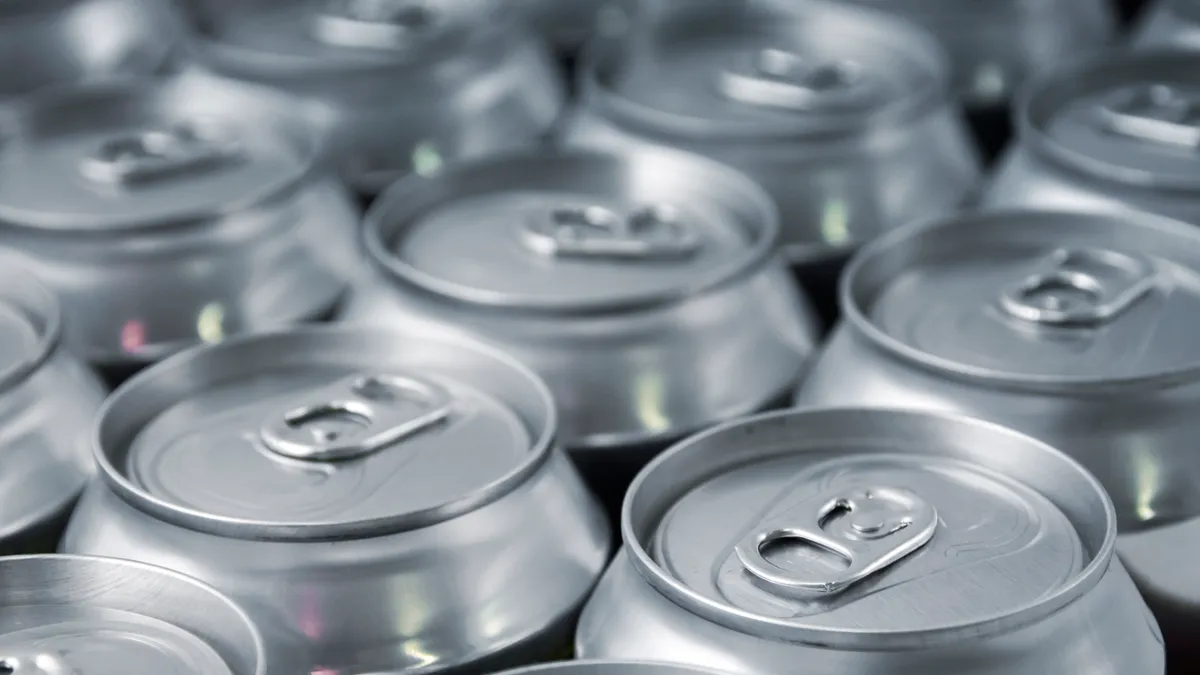
Recommended Reading
- Packaging manufacturers post Q1 results By Packaging Dive Staff • Updated May 8, 2025
- Ball sells majority stake in aluminum cups business, forming joint venture By Katie Pyzyk • March 24, 2025
- Ball, Crown, O-I talk beverage market, 2025 consumer concerns By Maria Rachal • Feb. 11, 2025
- Ball buys Florida can maker, plans Oregon plant By Maria Rachal • Feb. 5, 2025



